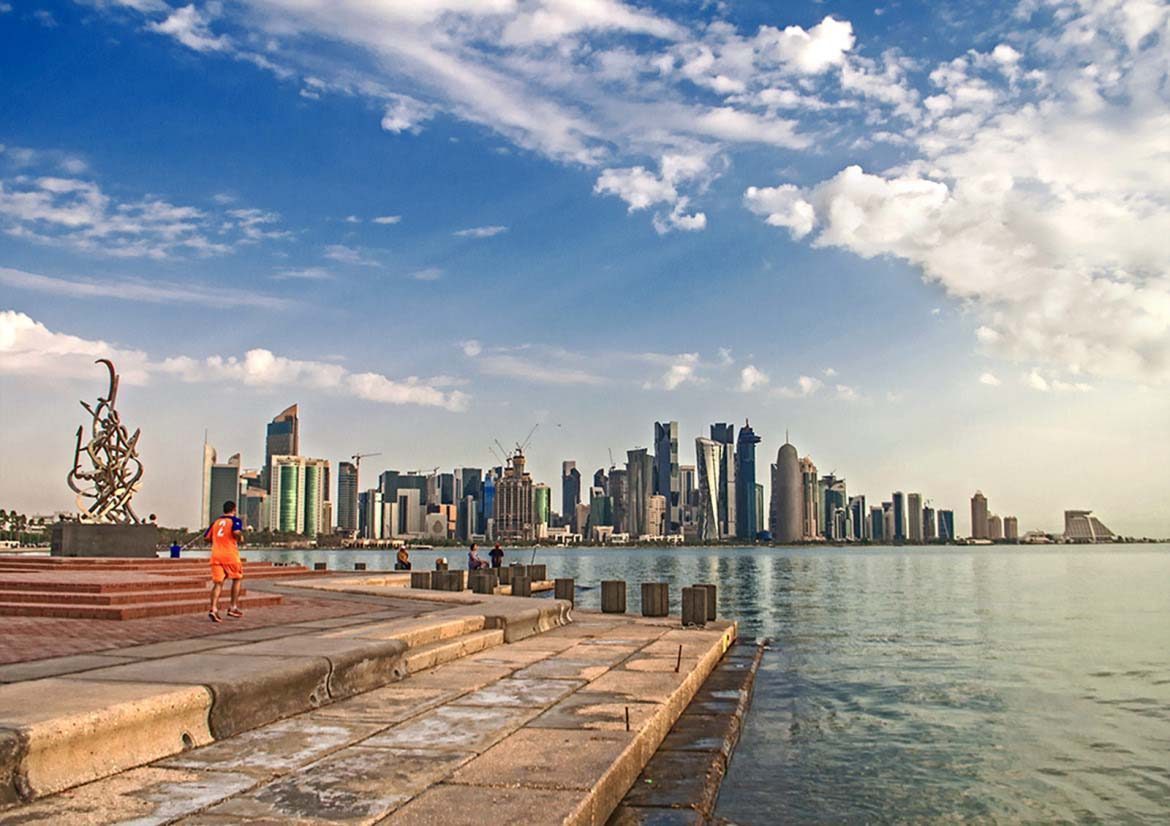
Companies in Qatar appear to be among the most optimistic about their prospects in 2015 than firms in any other Gulf country.
Despite the fall in global oil prices, which has forced many companies in the energy sector to lay off staff or instigate recruitment freezes, Qatar businesses are collectively continuing to expand, saying they plan to hire more staff while raising salaries in an effort to complete the country’s many construction projects on time.
According to the latest edition of the annual “Employment and Salary Trends in the Gulf” report by online recruitment site GulfTalent, two-thirds (66 percent) of employers surveyed in Qatar said they planned to increase their head count in 2015.
This is the highest rate in the region, and some way ahead of Saudi Arabia, where just over half (53 percent) of employers said they plan to hire.
The comparable figures for other Gulf states were 49 percent in Oman, 47 percent in the UAE and 38 percent in both Kuwait and Bahrain.
According to GulfTalent, the hiring boom in Qatar was spurred after “the uncertainty over the World Cup (was) finally removed and major infrastructure projects (got) the go-ahead.”
Last year, the report said Qatar witnessed a slowdown in recruitment due to negative international media coverage of the country’s 2022 World Cup preparations and “internal pending reviews on the awarding of the projects.”
During 2014, Qatar’s employment growth rate appeared to be among the region’s lowest, with just 38 percent of recruiters in the state saying they were hiring. Only Bahrain was lower, at 22 percent, while nearly three-quarters of Saudi employers (72 percent) said they planned to bring in new talent that year.
Poor retention
The GulfTalent report results are based on a survey of 22,000 professionals employed by large and medium-sized firms in the GCC, as well as a survey of 600 HR managers and interviews with managers in local and international firms in the private sector. These were conducted between December 2014 and April 2015.
Its findings also include statistics from the World Bank, International Monetary Fund, and the Economist Intelligence Unit.
Although Qatar is the second-most popular Gulf country for expats to work in after the UAE, it has one of the region’s lowest retention rates. This is because “the high cost of living and the ban on expatriates switching jobs prompt many to leave,” the report stated.
Figures from 2014 show that fewer than half (48 percent) of expats surveyed said they wanted to continue working in the state, compared to 88 percent of those working in the UAE and 61 percent in Kuwait. Only Oman had a worse rate than Qatar, with less than one-third (30 percent) stating they intended to remain in the country.
More money
While salaries across the region are predicted to increase this year, Qatar has the highest average forecast rises in pay of all states, at 8.3 percent.
The report attributes this to Qatar’s “rising cost of living and the need to attract talent to the country.”
While the overall cost of living in Qatar has remained relatively stable for the first few months of this year, the cost of renting residential accommodation here continues to rise at a rapid clip.
According to figures published by the Ministry of Development, Planning and Statistics (MDPS), the cost of rents, fuel and energy went up by 7.3 percent last year.
In February this year, housing, water and electricity, which makes up the largest share of most household’s expenses, went up 0.74-percent on the previous month. If rent keeps going up at the same pace for the rest of the year, tenants would face an 8.8 percent annual rise in accommodation costs.
Oman has the next highest expected pay increase of 7.2 percent, although this is driven by an increasingly unionized workforce that is demanding wage hikes, the report stated.
Across the Gulf, those working in the construction sector are likely to see the biggest bump to their wages this year, with increases forecast at 10 percent regionally, while those in logistics can expect raises of around 7.7 percent.
The oil and gas sector is at the bottom of the table in terms of pay increases, with the regional average expected to be 5.4 percent, according to the survey.
Fewer Indians
Meanwhile, the new report also found that rapid economic growth in India will likely prompt fewer nationals from there to look for jobs in the Gulf this year.
Higher salaries and more job opportunities back home mean that emigrating to the Gulf holds less appeal for some Indians, as they seek employment in their own country, the report stated.
Indians account for the largest demographic group in Qatar, which is home to some 631,000 of the country’s nationals.
The two countries have a long and evolving relationship. During the Emir’s first recent state visit to India for example, opportunities for foreign investment and trade was one of the topics of discussion.
Thoughts?